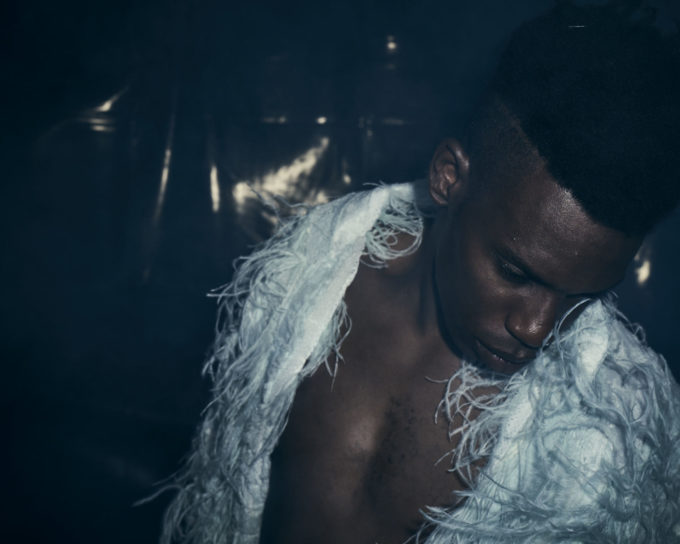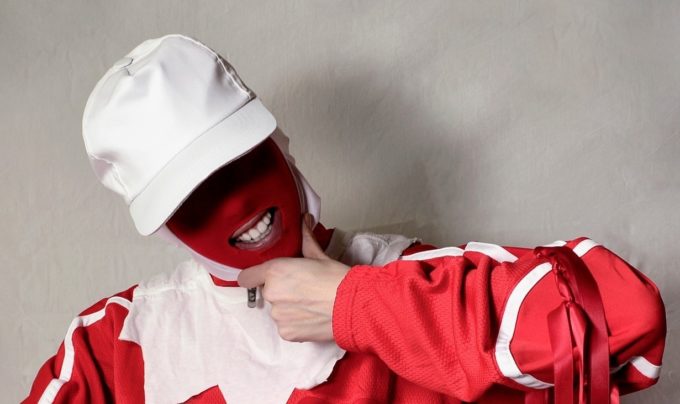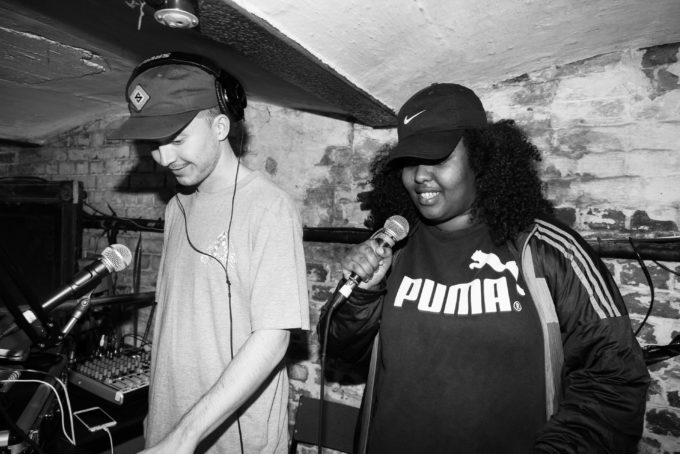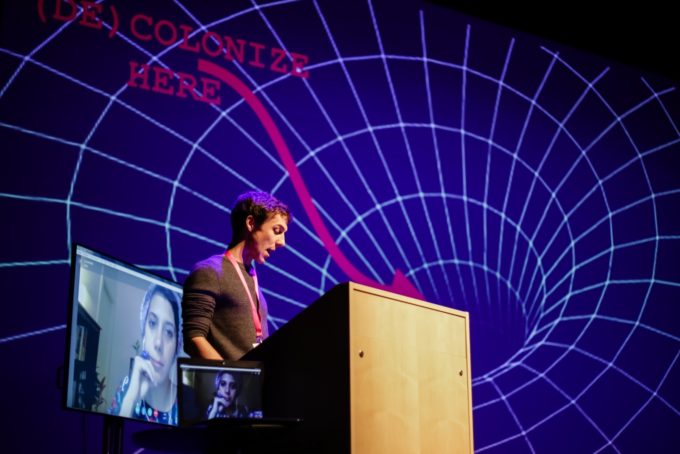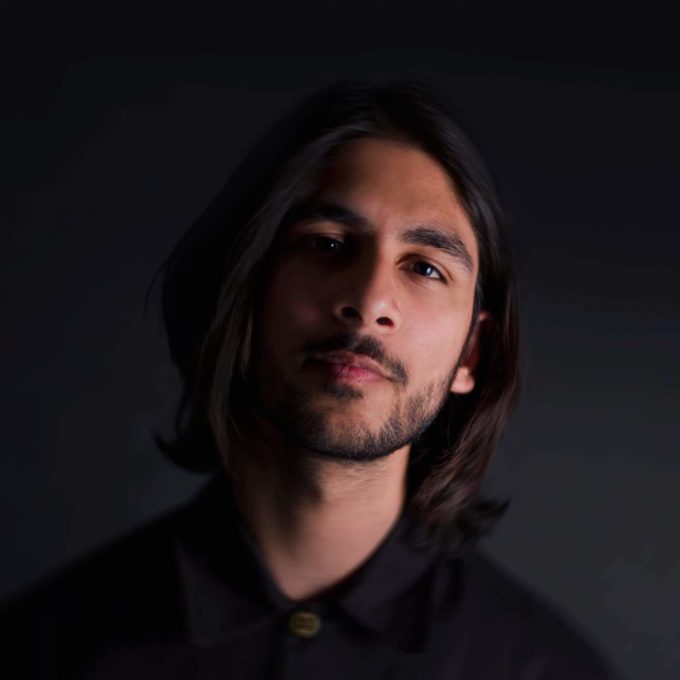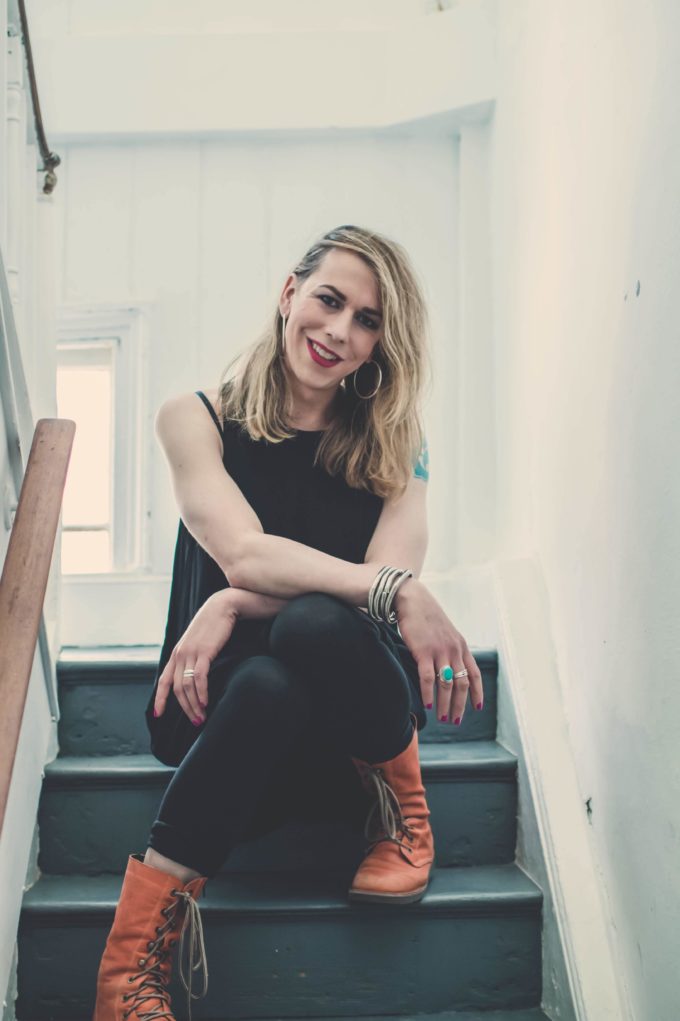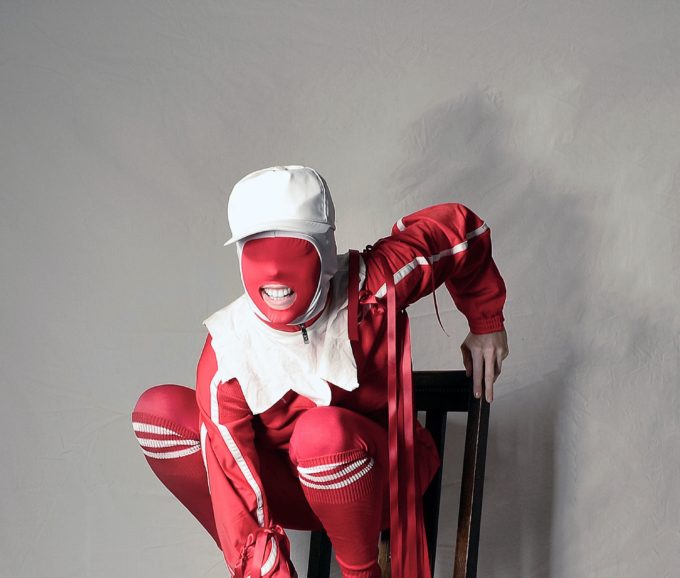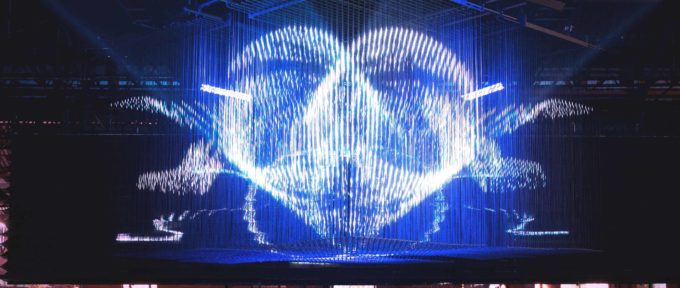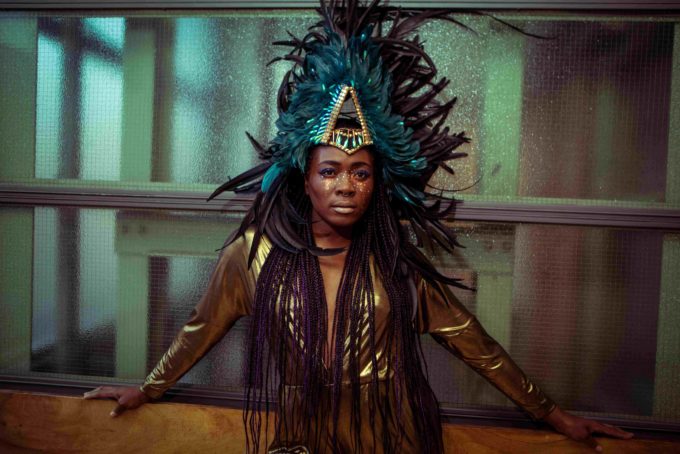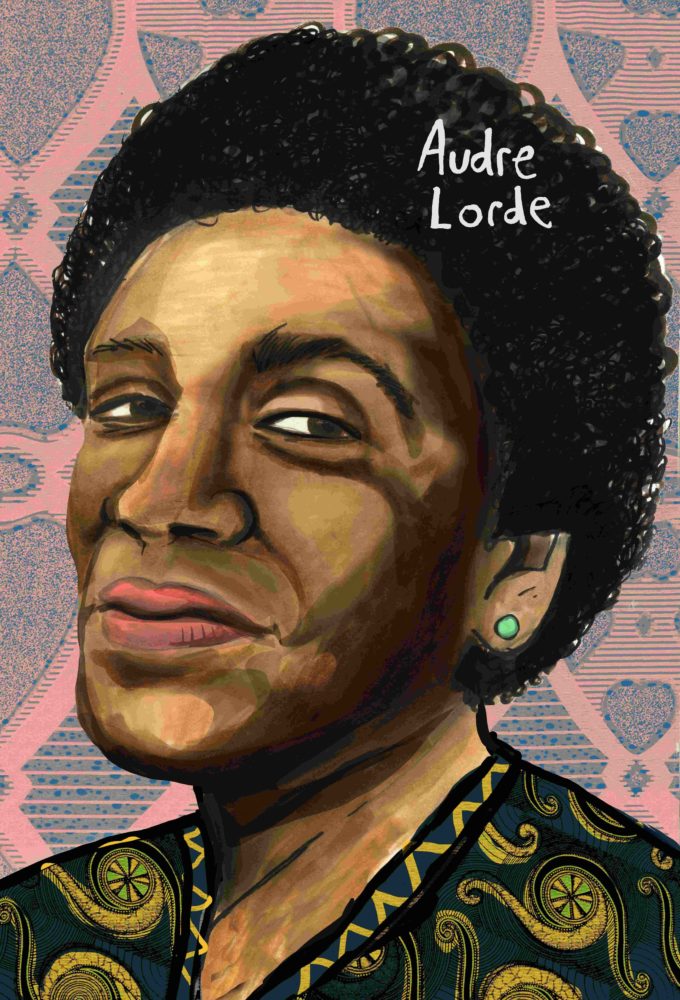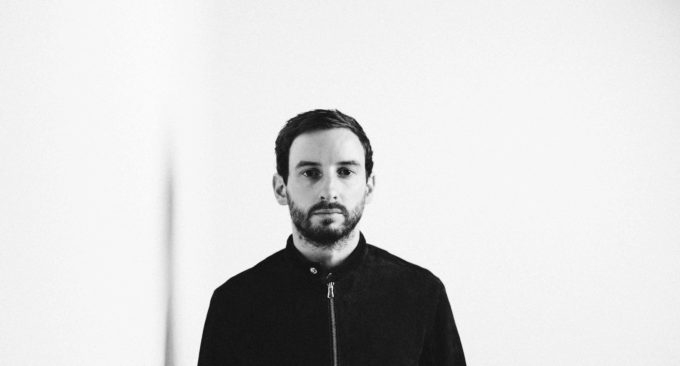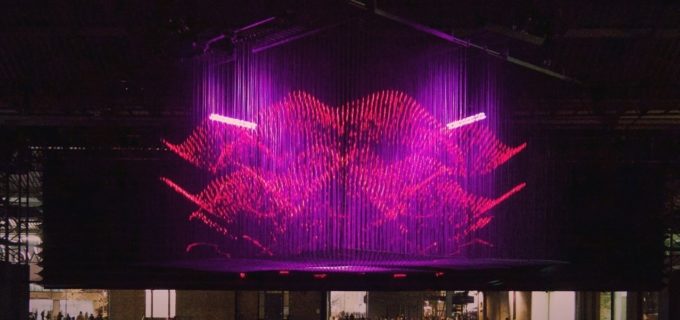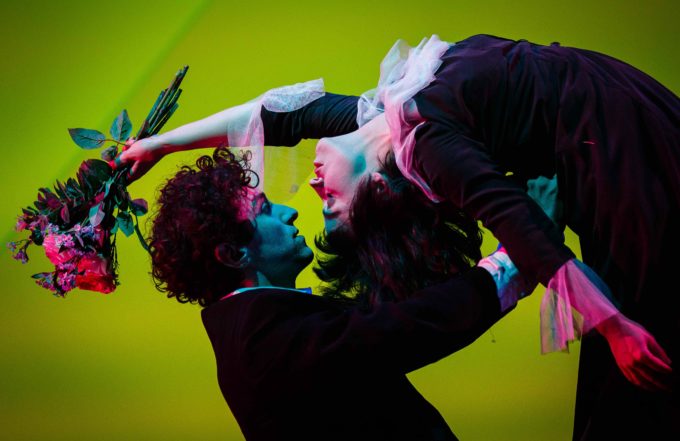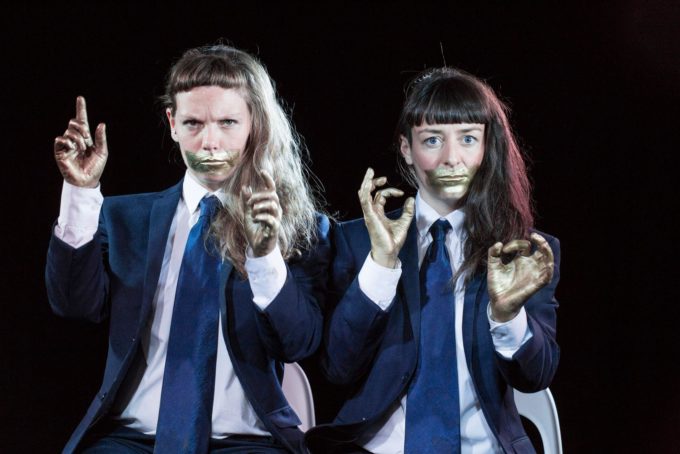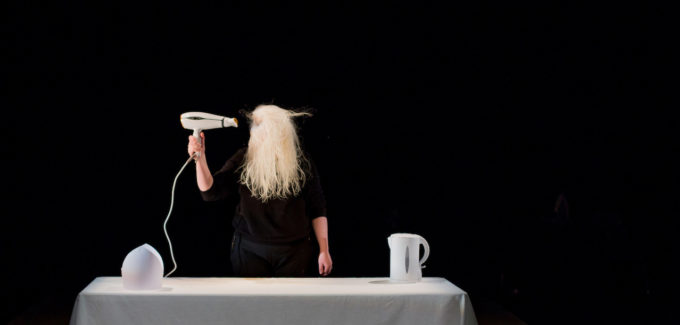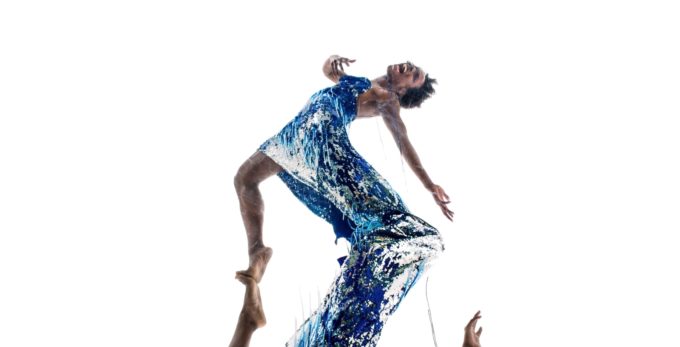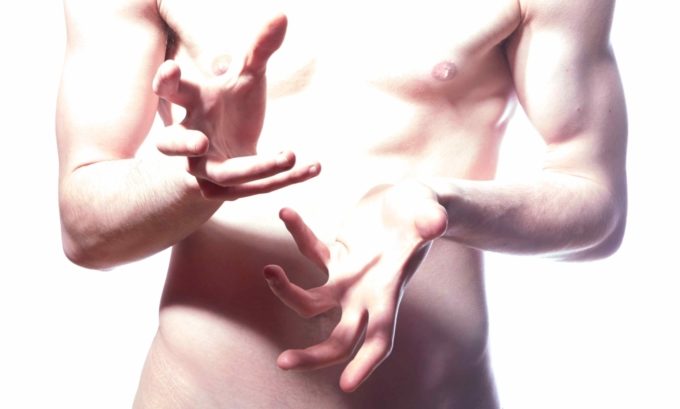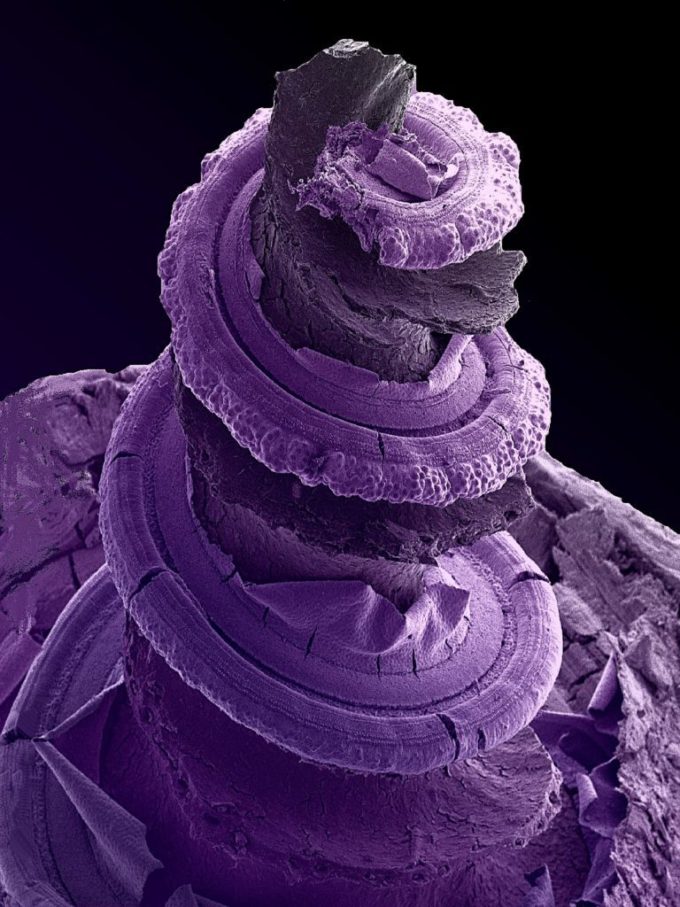We spoke to Paul Clark and Suzy Wilson, Directors of Clod Ensemble, about their latest creation - Placebo. See it at Attenborough Centre for the Creative Arts on 15-17 October, following last year’s performances of Under Glass.
What were the reasons for naming the piece Placebo?
We have always been fascinated by the placebo effect in a medical sense; a doctor giving a patient a sugar pill rather than something with a known active ingredient. The root of the word ‘placebo’ is ‘to please’, and that provokes all sorts of interesting ideas for us. How we please each other, how we please ourselves, how we fail to do either of those things, and how our expectations and prejudices shape how we feel. The medical world has been using ‘fake’ pills and treatments for centuries, but there has only recently been serious scientific study of how the placebo response works, or serious consideration of the ethics around it. Is it OK to give someone a fake surgery, to lie to them effectively, if it makes them feel better? Why are, amazingly, red pills often more effective than blue pills in pain relief? Obviously, when making performance, we are constantly questioning how aesthetics affect our audience, so there feels like a real convergence of form and content here.
Is Placebo a performance that presents dance as therapy or as a means for escaping pain?
That’s interesting. For us the focus of the show is not about dance being inherently ’therapeutic’, however in some sense we use dance as a way of investigating what the placebo response is. The choreography addresses themes such as expectation, suggestion, pleasure, pain, agency, light, colour and attention. Of course, dance is especially associated with release and pleasure and the way we move certainly does have a powerful effect on the way we feel.
What can we expect of Placebo and what makes it a unique piece?
Although the piece features seven superb dancers, it is also influenced by theatre, visual art and fashion. Most of our work crosses the disciplines in some way, and we regularly perform in theatre, gallery, dance concert and public spaces. Placebo has an original score that plays with ideas of fake and real - using a huge palette of sound, from classical music to contemporary EDM. Costumes have been designed by pioneering fashion label ART SCHOOL, who are fascinated by the placebo effect in relation to fashion and branding - what is fake and what is real. The movement is not all abstract dance - we have explored the everyday movement languages of our pleasures and pains. The piece is not made solely for a dance audience but should speak to people interested in music, clothes, theatre and medicine.
How important is audience participation in this piece?
The audience are safe in their chairs – they will not find themselves on stage or be picked out - so there’s nothing to be scared about for anyone who gets anxious at the thought of audience participation! But the show does consciously draw the audience’s attention to how they feel and how they are interpreting what they are witnessing. Is the show having a placebo effect on its audience?
Are you looking forward to coming back to ACCA and working in the campus context?
Yes. We love bringing our work to ACCA - we were last here with Under Glasslast Autumn. We relish the creative spirit that comes with working closely with a university and, especially with this piece, how it offers us the chance to reach audiences who might not have seen our work before. The ACCA programme this Autumn is overflowing with brilliant performance – we’re excited to be part of it.
What can people also engage with around the performances?
The topic of the placebo effect raises so many interesting questions from social, medical, philosophical and artistic perspectives. We will be unlocking the potential of the placebo effect through a series of talks, workshops and events which will delve deeper into many of the questions that the topic of ‘placebo’ inspires. This includes a panel discussion which brings together patients, health professionals & artists to consider how beliefs, expectations and relationships can impact a treatment’s impact, as well as workshop led by John Drever exploring the effect that sound and music can have on our mood.
For more information on this particular show and to book your tickets visit here
There is a pre-show talk with the artists on 16 October which is free for ticket holders and takes place at 7pm.
Feeling Better - a panel discussion - has also been organised by Clod Ensemble as part of their time with us and takes place on 15 October. Join us for a conversation with patients, health professionals and artists to consider how beliefs, expectations and relationships can have a radical impact on a treatment’s effectiveness.
